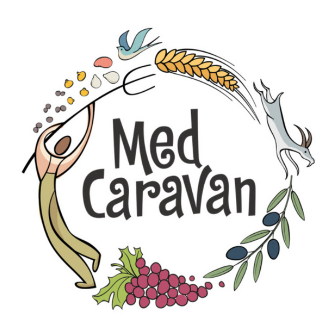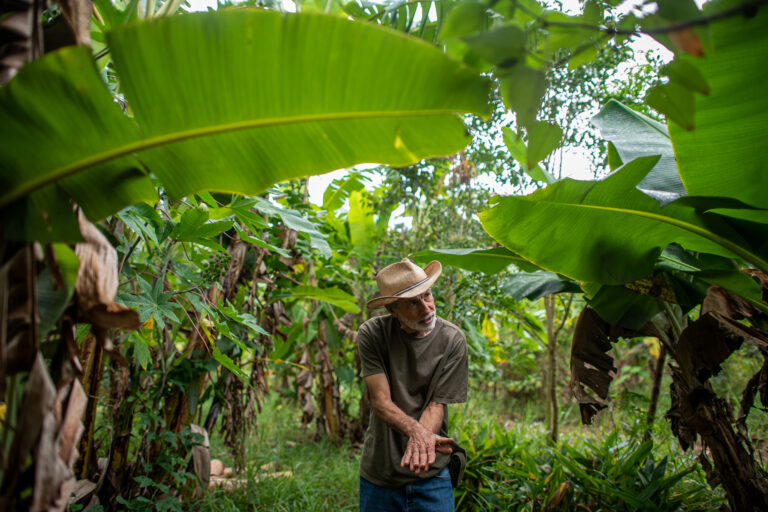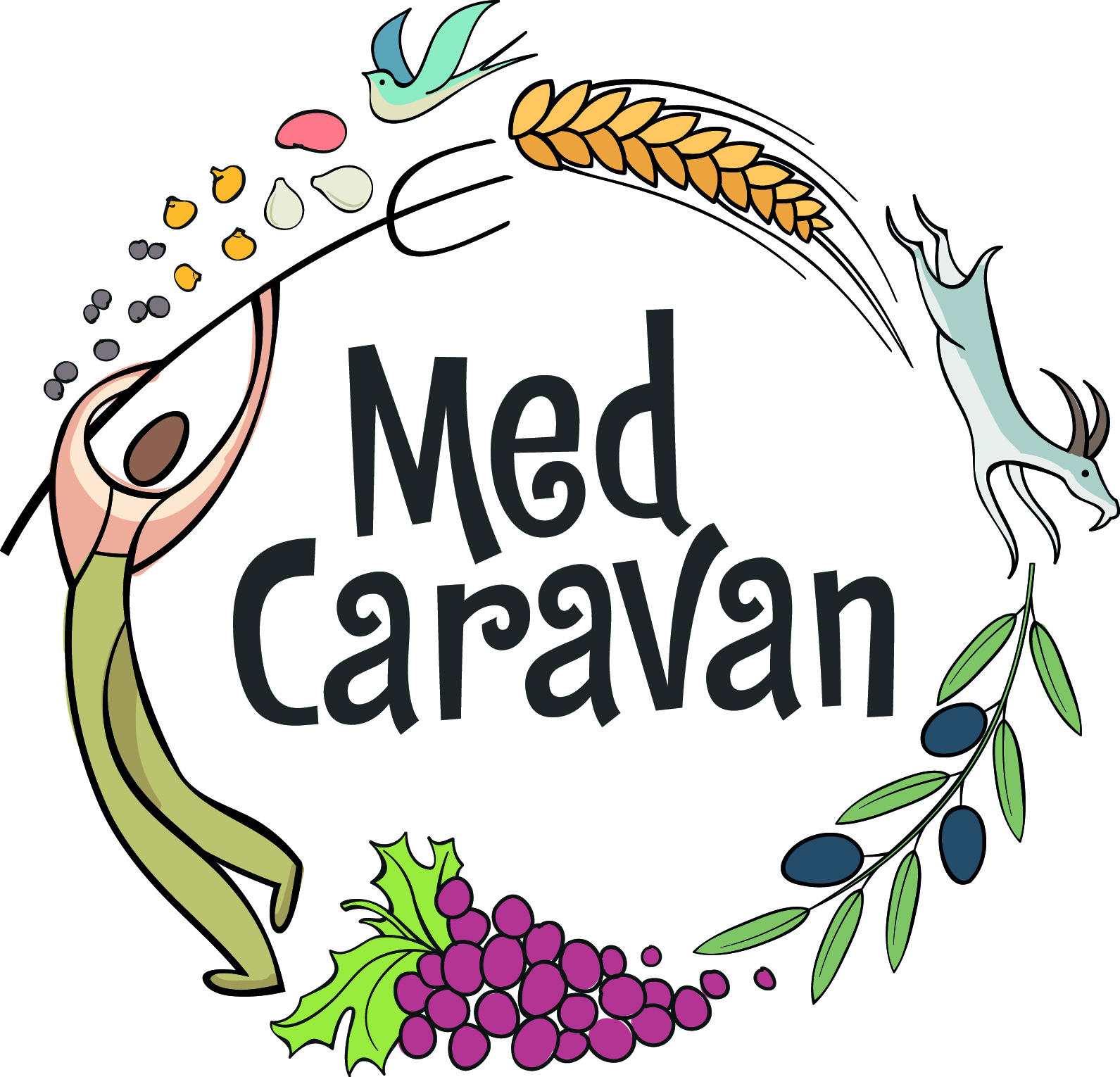
In order to understand the multiple dimensions of theory and practice of agroecology, we need to understand some fundamental concepts and terms which are used in the agroecological thought.. These three articles summarize the terminology that is the part of agroecological glossary created within the project “Medcaravan:Learning and Sharing Agroeocology”. For those who want to explore further on these topics, you can check the curriculum which is part of the project.
Ecological dimension of agroecology is the foundation of agroecological thinking. It is the base upon which agroecology is built upon. First goal of agroecology is to understand the natural processes of the ecosystems and how we can produce the food for the people by following and respecting the same processes. The ecological thought of agroecology is using certain terms to describe the broad variety of concepts related to use of the different production methods of natural farming and creation of agroecosystems. The four main terms/concepts that are revolving around modern natural farming are: organic agriculture, permaculture, regenerative agriculture and biodynamic agriculture. The concepts of organic agriculture were developed in the early 1900s by Sir Albert Howard, F.H. King, Rudolf Steiner, and others who believed that the use of animal manures (often made into compost), cover crops, crop rotation, and biologically based pest controls resulted in a better farming system. Howard, having worked in India as an agricultural researcher, gained much inspiration from the traditional and sustainable farming practices he encountered there and advocated for their adoption in the West.
Permaculture is a system of design and knowledge focused on self- sustainable living by following the principles of nature. Permaculture, the same as agroecology, is much broader than just natural farming as it incorporates ethical thinking on how to build communities/societies which are living ecologically and socially in harmony with nature. Permaculture today is a well known system of knowledge, especially popular within the groups seeking for autonomous, self-sustainable living.
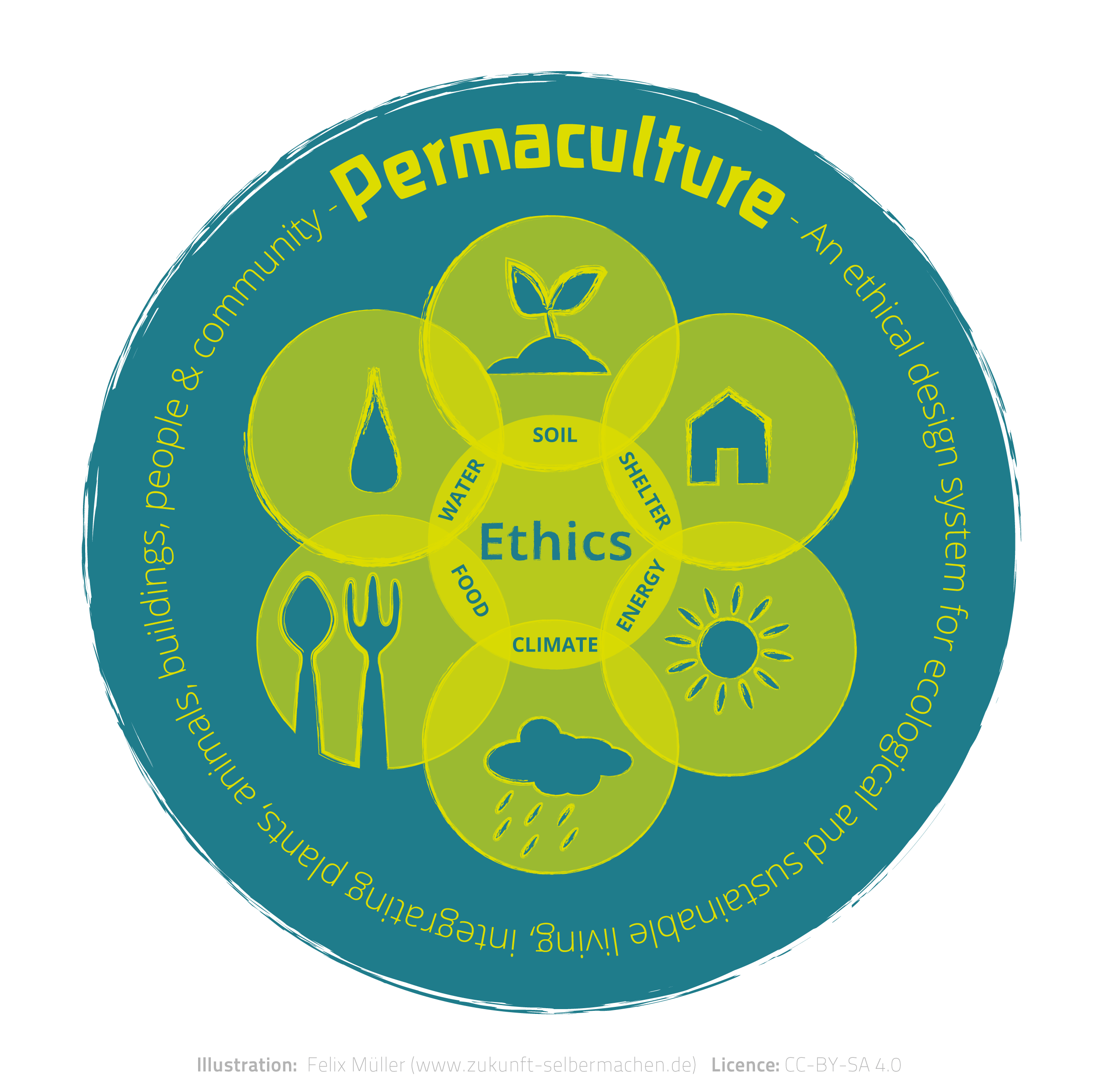
Regenerative agriculture is gaining more and more attention in recent times. Regenerative agriculture is particularly focused on the improving of the soil quality by the introduction of the animals and specific plant rotations on the farmland. Besides that, we can say that one of the main concerns of regenerative agriculture is to create an agricultural system of production that can help in climate change mitigation by raising the capacity of the soils to capture and store CO2 from the atmosphere.
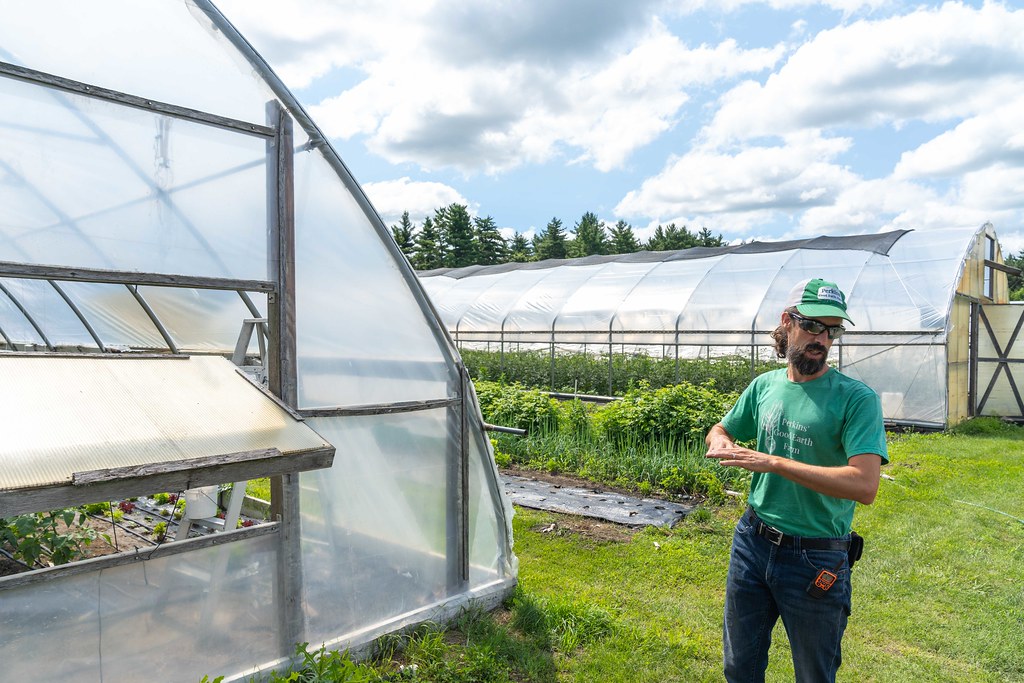
Biodynamic farming is based on the philosophy and understanding of the soil as a living organism. Much of the efforts done in biodynamic farming is to improve the microbiological activity in the soil by applying specific techniques of soil preparation and the application of the specific inputs such as the palette of solutions like solution 500 for improving the activity of the microorganisms in the soil.
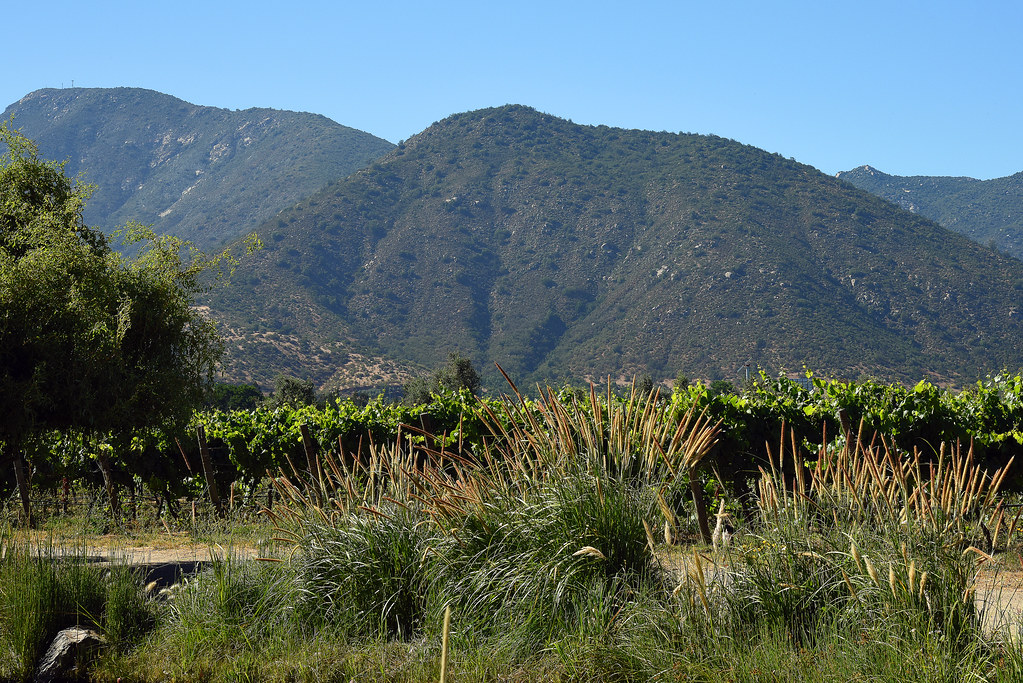
Agroforestry is a method of combining the different types of trees and bushes with agricultural/horticultural crops, and/or livestock and wildlife in the same area. Besides providing added economic value to producers by diversification of products, agroforestry is applied to achieve a more holistic and resilient agroecosystem as a whole.
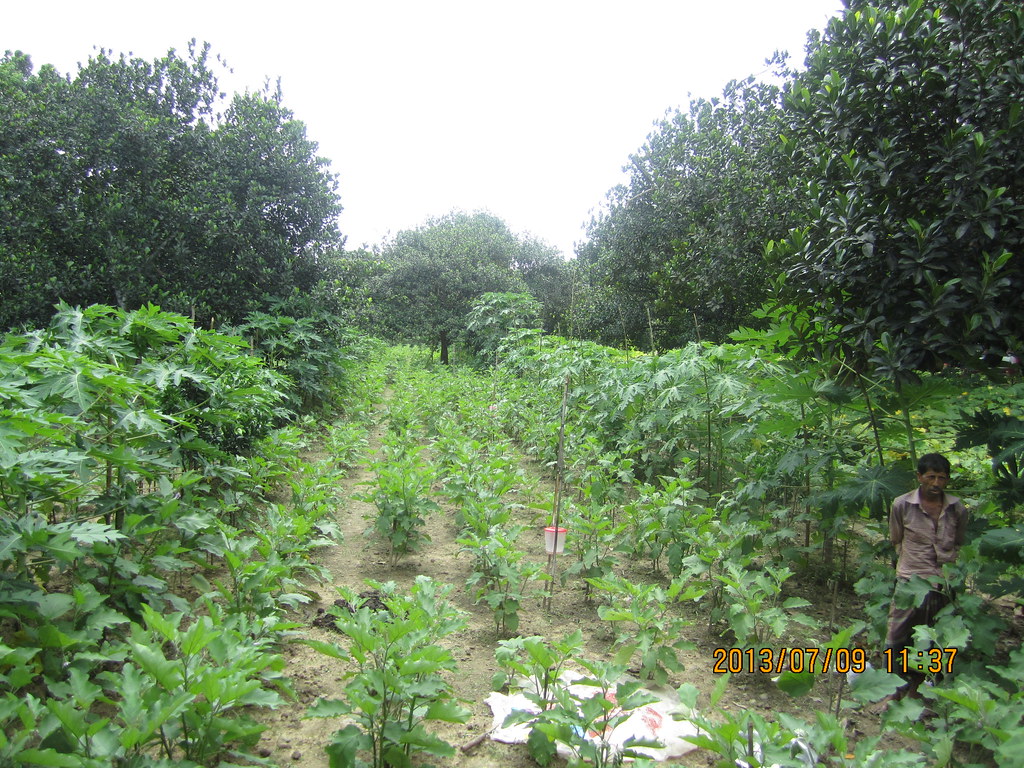
Other groups of commonly used terms in agroecology, but also generally used in ecological and environmental contexts, are terms related to systemic principles and values. Biodiversity, ecosystem services, sustainable agricultural practices, holistic management, recycling and closing cycles are broad concepts all connected to the topic of sustainability of human production practices and resource extraction occurring in the ecosystems with which we are surrounded.
Finally, the last concept is industrial agriculture and a very much related issue of genetically engineered/modified organisms (GMO). In a nutshell, we can say that industrial agriculture and GMO are the completely opposite side of the coin on which agroecology stands for. Industrial agriculture is the unnatural way of growing food which doesn’t respect ecological, social or economic values. By using the technology and chemical inputs, industrial agriculture is manipulating and altering the ecosystems, directly affecting and worsening the ecological and climate change crisis we are faced with now, and even more in the upcoming future.
